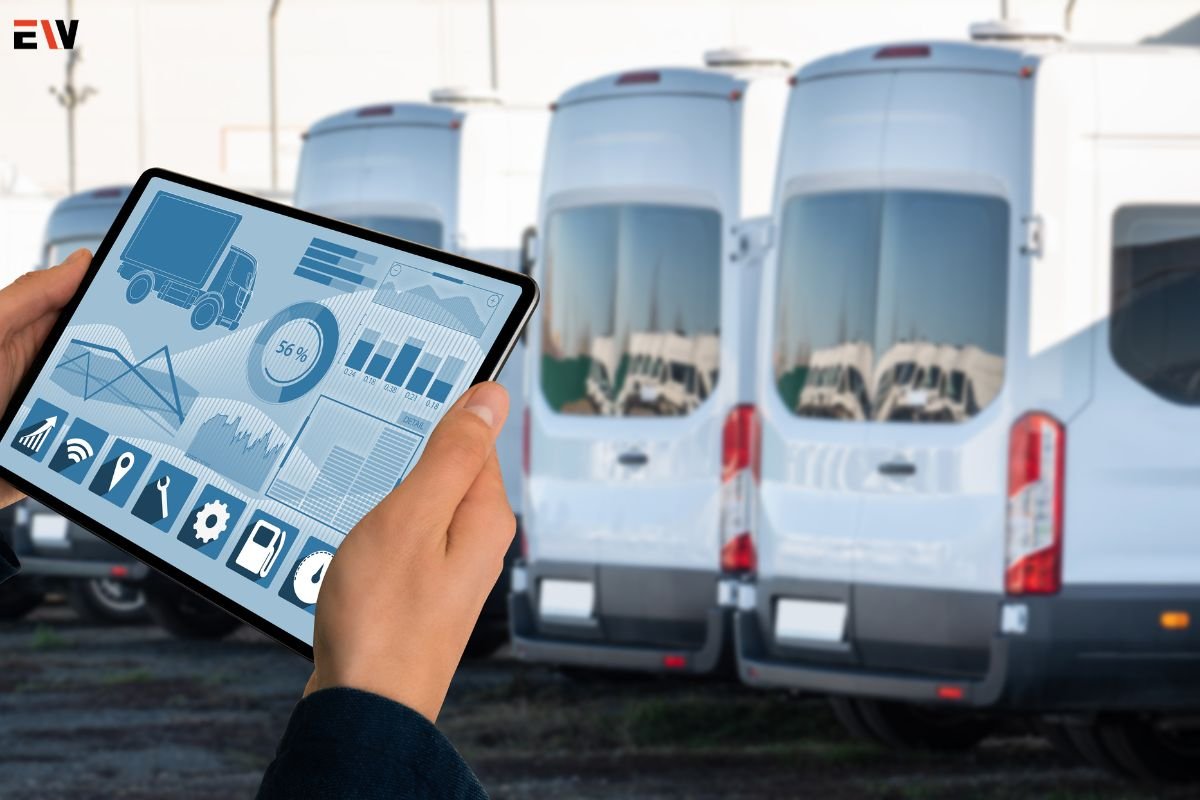Logistics software plays a crucial role in the management and optimization of supply chain activities, from transportation to warehousing and distribution. This article explores the different types of logistics software, their benefits, key features, and the considerations businesses should keep in mind when choosing a logistics software solution.
Types of Software for Logistics
1. Transportation Management System (TMS)
- Purpose: Manages and optimizes the transportation of goods.
- Key Features: Route planning, carrier selection, freight auditing, shipment tracking, and load optimization.
- Benefits: Reduces transportation costs, improves delivery efficiency, and enhances visibility across the supply chain.
2. Warehouse Management System (WMS)
- Purpose: Manages warehouse operations and inventory control.
- Key Features: Inventory tracking, order fulfillment, picking and packing, labor management, and space utilization.
- Benefits: Increases warehouse efficiency, reduces inventory holding costs and improves order accuracy.
3. Supply Chain Management (SCM) Software
- Purpose: Oversees the entire supply chain, from procurement to distribution.
- Key Features: Demand forecasting, procurement management, supplier collaboration, production planning, and logistics coordination.
- Benefits: Enhances supply chain visibility, reduces lead times, and improves collaboration with suppliers.
4. Fleet Management Software

- Purpose: Manages vehicle fleets used in logistics and transportation.
- Key Features: Vehicle tracking, maintenance scheduling, driver management, fuel management, and compliance tracking.
- Benefits: Increases fleet efficiency, reduces operational costs, and ensures regulatory compliance.
5. Order Management System (OMS)
- Purpose: Manages the order fulfillment process.
- Key Features: Order processing, inventory management, customer service, returns management, and integration with e-commerce platforms.
- Benefits: Streamlines order processing, improves customer satisfaction and enhances inventory control.
Benefits of Software for Logistics
1. Operational Efficiency
Logistics software automates and optimizes various logistics processes, reducing manual effort and minimizing errors. This leads to increased operational efficiency and faster turnaround times.
2. Cost Reduction
By optimizing routes, improving inventory management, and reducing fuel consumption, logistics software helps businesses cut operational costs. Efficient resource allocation also contributes to cost savings.
3. Enhanced Visibility
Real-time tracking and monitoring capabilities provide greater visibility into the logistics process. Businesses can track shipments, monitor inventory levels, and receive alerts about potential issues, enabling proactive decision-making.
4. Improved Customer Satisfaction
Logistics software ensures timely and accurate deliveries, which enhances customer satisfaction. Features like order tracking and communication tools keep customers informed about their shipments.
5. Data-Driven Decisions

Advanced analytics and reporting features enable businesses to analyze logistics performance, identify trends, and make data-driven decisions. This helps in continuously improving logistics operations and strategic planning.
Key Features of Software for Logistics
1. Real-Time Tracking
Allows businesses to track shipments, vehicles, and inventory in real-time, providing visibility and enabling timely interventions.
2. Route Optimization
Uses algorithms to determine the most efficient routes for transportation, reducing travel time, fuel consumption, and delivery costs.
3. Inventory Management
Tracks inventory levels, manage stock replenishment, and ensures optimal inventory control to prevent overstocking or stockouts.
4. Order Management
Streamlines the order processing workflow, from order receipt to fulfillment, ensuring accurate and timely deliveries.
5. Carrier Management
Enables businesses to manage relationships with carriers, compare rates, and select the best shipping options.
6. Integration Capabilities
Integrates with other systems such as ERP, CRM, and e-commerce platforms to ensure seamless data flow and unified operations.
7. Analytics and Reporting
Provides insights into logistics performance through detailed reports and dashboards, helping businesses identify areas for improvement.
Considerations When Choosing Software for Logistics
1. Business Needs and Goals

Identify your specific logistics challenges and objectives. Choose software that aligns with your business needs and helps achieve your goals.
2. Scalability
Ensure the software can scale with your business growth. It should be able to handle increased volume and complexity as your logistics operations expand.
3. Ease of Use
Select software with an intuitive interface and user-friendly features. This will facilitate quicker adoption and reduce the learning curve for your team.
4. Customization
Look for software that can be customized to suit your unique logistics processes and requirements. Customizable features can provide a better fit for your business operations.
5. Integration
Choose software that integrates seamlessly with your existing systems. This ensures smooth data flow and avoids disruptions in your logistics operations.
6. Vendor Support and Reputation
Consider the vendor’s reputation, customer reviews, and the level of support they offer. Reliable customer support is crucial for addressing issues and ensuring smooth implementation.
7. Cost
Evaluate the total cost of ownership, including software licensing, implementation, training, and ongoing maintenance. Choose a solution that provides the best value for your investment.
Conclusion
Software for Logistics is essential for modern businesses aiming to optimize their supply chain operations, reduce costs, and enhance customer satisfaction. By understanding the types of logistics software, their benefits, key features, and considerations for selection, businesses can make informed decisions and implement solutions that drive efficiency and growth. Leveraging the right logistics software can transform logistics operations, providing a competitive edge in today’s fast-paced market.










